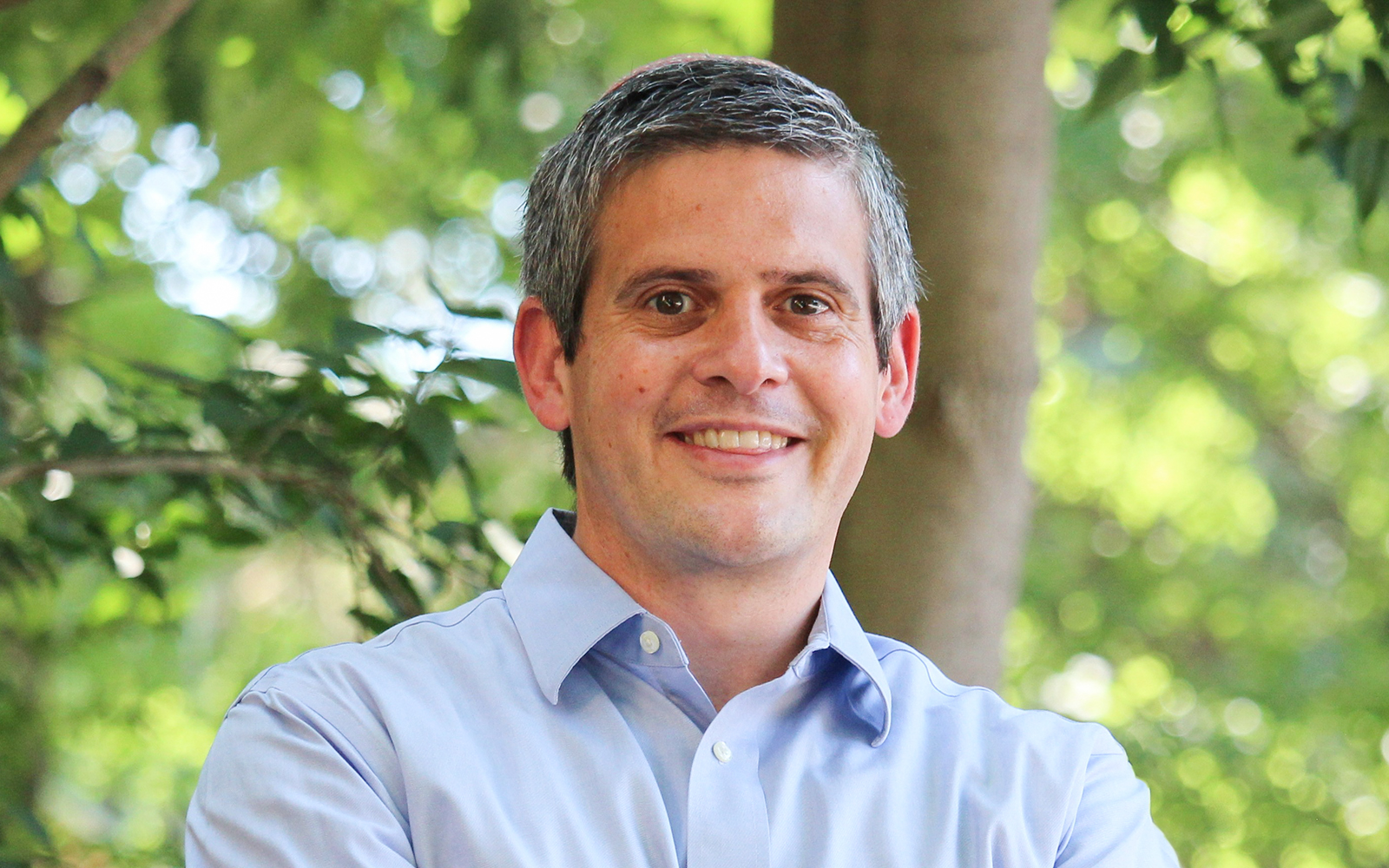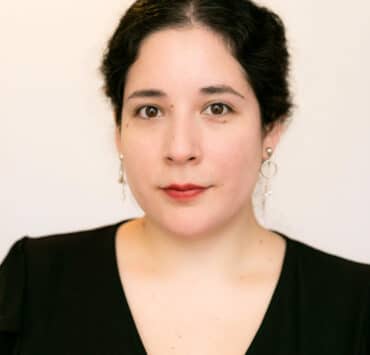|
Getting your Trinity Audio player ready...
|
In 2021, more than twenty-thousand clinical trial positions went unfilled by contract research organizations. Those roles—in research, data analysis, project management, and more—help advance new medications to market, which in turn, extends, improves, and saves lives.
At Virb, the first end-to-end human capital-as-a-service platform that sources, trains, and deploys new talent into the global clinical research industry, Ben Sigel and his colleagues aim to solve the workforce shortages by creating a people-centric diverse clinical trial ecosystem. As chief legal officer, chief diversity and inclusion officer, and corporate secretary, Sigel recognizes an opportunity to disrupt the life sciences industry to broaden representation and improve care.
“We believe this is a really unique and disruptive model that will fill many of the clinical trial positions while diversifying the industry,” he explains. “The clinical trial workforce should be representative of the people who the life sciences industry is attempting to treat. We can improve the quality of the workforce while also making clinical trials more inclusive, welcoming, and culturally understanding.”
Sigel contends that by diversifying the clinical trial workforce, Virb can nurture trust and understanding throughout underserved, underrepresented, and marginalized communities. Diversifying the clinical trial workforce will help clinical trials serve the broader population and will be a catalyst to increasing diversity among clinical trial participants. When people see themselves represented in the medical field, they may be more likely to work closely and intentionally with their providers.

They may also be more likely to seek care, participate in that care, and become participants in the lifesaving clinical trials themselves. Diversifying the clinical trial workforce will help deliver healthcare services that meet the diverse cultural and social needs of our different communities and will improve access to healthcare.
Before joining Virb, Sigel was a litigator and national director of client and community relations at Am Law 100 law firm Mintz Levin. In 2020, he took a leave of absence to run for the US House of Representatives in the Massachusetts’ Fourth Congressional District in his attempt to become the state’s first Latino Member of Congress.
“Whether it was fighting for comprehensive and compassionate immigration reform, equitable access to higher-quality public education, universal and affordable health care, social and economic justice, or combating climate change and the rise of hatred, bigotry, discrimination, and anti-Semitism, those issues all connected back to creating a strong community that is based on all of its members having access to opportunities,” Sigel explains. “That became even more important when the COVID-19 pandemic really took hold about a month after our campaign started and more relevant after George Floyd was murdered several months later.”
Even though the COVID-19 pandemic erased many large in-person events, Sigel was the first candidate to visit all thirty-plus towns in the district. His encounters with voters deepened his conviction that Americans of all communities only wanted a fair opportunity. Meanwhile, the race blossomed into one of the most expensive and competitive primaries in the country and Sigel couldn’t match the other candidates’ vast personal fortunes.
“I didn’t win but I still look back and think how amazing and positively intense the experience was,” he recalls. “I’m so proud of the campaign we put together, and it was a real opportunity to raise the level of discourse and civility and ideas in our community.” He hasn’t ruled out a future run for public office, but insists that should he consider a future run, it would be based on believing that he is the best person for the job.
As much as he loves practicing the law, Sigel finds true fulfillment in his extensive nonprofit work. He has served on over twelve different nonprofit boards, whose missions align with his passion for community building, including many which serve the local, national, and global Latino and Jewish communities.
“The conference was a really inspirational and empowering experience, and from that moment on I knew the HNBA was something I wanted to engage with not only for myself, but also to advance the interests of my fellow Latinos in the law.”
Ben Sigel
Currently, he serves as the national vice president of divisions, sections, and committees for the Hispanic National Bar Association (HNBA), a nonprofit membership group that advocates for the interests of Hispanic legal professionals in the United States and its territories. A friend and colleague recommended he attend the HNBA’s annual conference in 2016, and he immediately knew he had found a home.
“I went not knowing one person,” he says. “The conference was a really inspirational and empowering experience, and from that moment on I knew the HNBA was something I wanted to engage with not only for myself, but also to advance the interests of my fellow Latinos in the law.”
Sigel was missing that connection to the Latino legal community when he first began his legal career. His multiple identities as Latino and Jewish have positioned him for a unique and empowering journey of authenticity which centers around service, community, and connection.
“I’ve always been invested in helping strengthen my communities internally and through building, connecting, and deepening relationships and partnerships with other communities,” Sigel adds. “I have always believed we are so much more powerful as a community when we are united and [we] stand up, speak out, and act together.”
Sigel helped create the Young Jewish Leaders Council in Boston, which brings together all forty-plus Jewish adult organizations in the area to network, collaborate, share best practices, build skills, and strengthen the community. He also helped create the young leadership division of the American Jewish Committee both in Boston and nationally, which launched national Jewish-Latino and Jewish-Muslim taskforces for young adults. He has proudly served as the president of the HNBA’s New England Region for three years.
“I’ve always been invested in helping strengthen my communities internally and through building, connecting, and deepening relationships and partnerships with other communities.”
Ben Sigel
Sigel believes that his multiple identities help empower him to raise up others. While this work can impact the time he spends with his wife of over twenty years and their four beautiful children, he reminds himself that the labor is also an investment in his family’s future.
“Although family is extremely important, we can’t just focus on our immediate family because we are a part of a greater family and community,” Sigel says. “My children are going to have more access to opportunities and a better chance of being successful in their lives when the community around them is strong and united. I truly hope that my children see me as someone who made their community better and stronger, and in turn improved their lives and the lives of so many others around them.”

